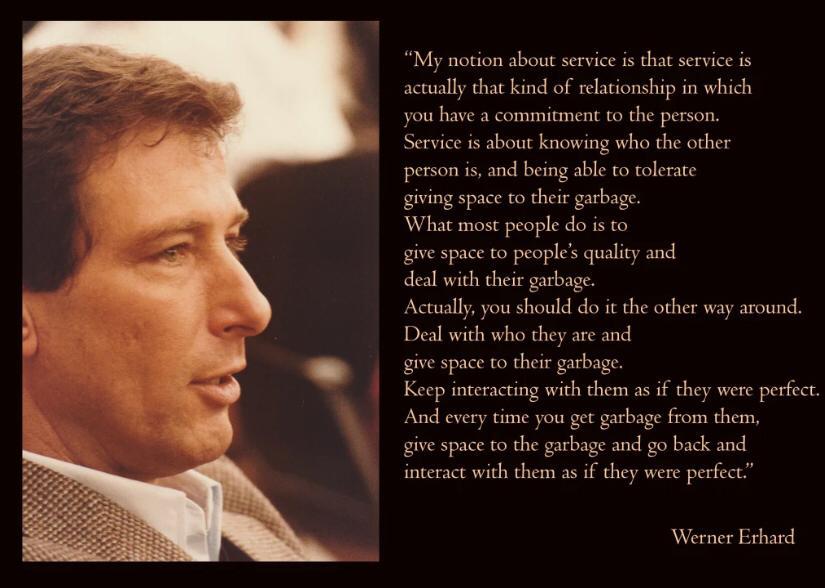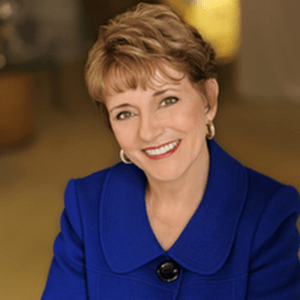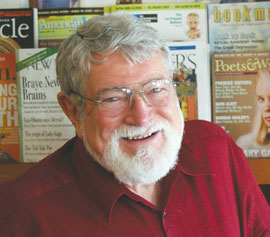By Victoria Zelin & Jonathan Cloud
 It seems appropriate, in the context of this project, to state that much of what we are talking about is “already out there” in one form or another; part of our goal is simply to bring it together in a way that we and others can work together effectively to build a new future for ourselves and the rest of the world.
It seems appropriate, in the context of this project, to state that much of what we are talking about is “already out there” in one form or another; part of our goal is simply to bring it together in a way that we and others can work together effectively to build a new future for ourselves and the rest of the world.
I’m reminded of this specifically by picking up Duane Elgin’s The Living Universe (2009), in which he reminds us of the “Warning to Humanity” issued by 1600 of the world’s top scientists — including a majority of the Nobel laureates in the sciences at the time — in 1992:
“A great change in our stewardship of the earth and the life on it is required, if vast human misery is to be avoided and our global home on this planet is not to be irretrievably mutilated.”
Today, 22 years later, we know that we have not made this “great change”— and that catastrophe is looming ever closer. We know, for example, that we have already locked in a greater than 2°C temperature increase in the global climate; that we are in the midst of the sixth great extinction of species on the planet; and that we are not likely to solve these problems until poverty, war, and oppression have been banished from the earth. Despite the “mainstream media’s” efforts to keep alive a wholly-obsolete “debate,” almost everyone we know now understands and accepts this reality.
Continue reading




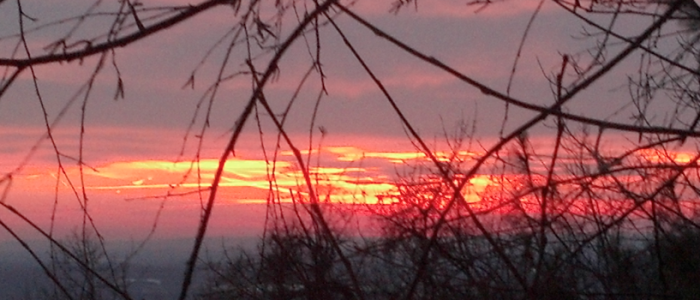
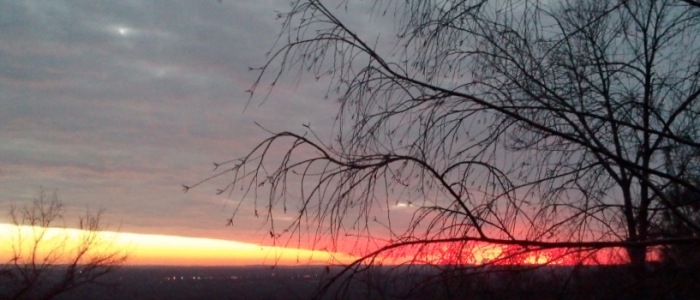
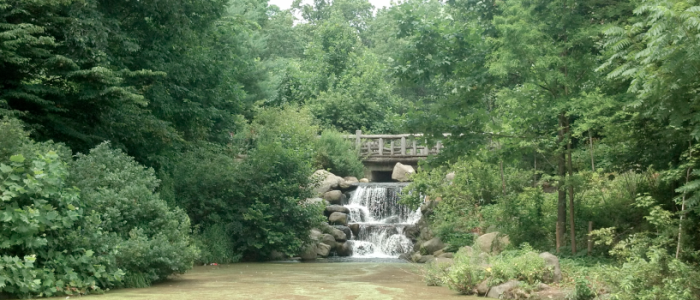
 Image by
Image by 